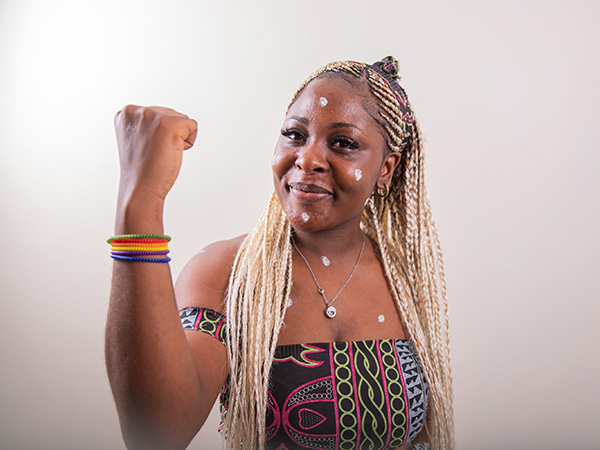
Dr. Martin Luther King, Jr.’s profound legacy resonates today and offers invaluable insights into the importance of resilience and the constant pursuit of equity. One of Dr. King’s most powerful quotes is: “Change does not roll in on the wheels of inevitability but comes through continuous struggle.” Change is often met with resistance especially when it disrupts established norms or threatens the status quo. Dr. King’s words remind us that change does not happen automatically or easily. It requires persistent effort and dedication.
In the workplace, individuals may encounter setbacks and obstacles to equity. Dr. King’s use of the phrase “continuous struggle” highlights the need for resiliency when facing challenges. Whether addressing systemic discrimination or advocating for fair wages, resilience is a critical trait that allows individuals to persevere and organizations to adapt.
We must take proactive steps to create an equitable environment in the workplace. Organizations must implement policies and practices that promote diversity, inclusion, and equal opportunities for all employees. Individuals can also contribute by advocating for change, supporting diversity initiatives, and holding themselves accountable for their actions and biases. Each of us can help create a more equitable and respectful work environment by refusing to accept injustice.
Practical Steps Toward Equity and Resilience
- Education and Awareness: Promote diversity and inclusion training in the workplace to raise awareness about biases and discrimination. EDI has resources on Advancing Racial Equity in the workplace and Training.
- Inclusive Policies: Develop and enforce policies that promote fairness, equal opportunity, and representation at all levels of the organization.
- Open Dialogue: Encourage open and honest conversations about equity issues within the workplace by fostering a culture of transparency and accountability.
- Mentorship and Sponsorship: Support mentorship programs that help underrepresented employees advance their careers and promote sponsorship to ensure all voices are included in decision-making.
- Employee Resource Groups (ERGs): Establish and support ERGs that provide a platform for employees from diverse backgrounds to connect, share experiences, and drive change.
- Take a Stand Against Discrimination: Report unfair employment practices and discrimination against yourself or others by Filing a Complaint and accessing Resources that provide additional information.
Collective Efforts for Equity
Remember, change and equity are not guaranteed; they require continuous effort and resilience. In the workplace, the pursuit of equity should be a collective endeavor with individuals and organizations working together to create an environment where everyone can succeed. By advocating for change, and refusing to accept injustice, we can work toward a more equitable and inclusive workplace just as Dr. King envisioned.
Do you have a story idea for us? Do you want to submit a guest blog? If it's about equity, diversity, or inclusion, please submit to edi.stories@nih.gov.
For news, updates, and videos, subscribe or follow EDI on X, LinkedIn, EDI Blog, and YouTube.






